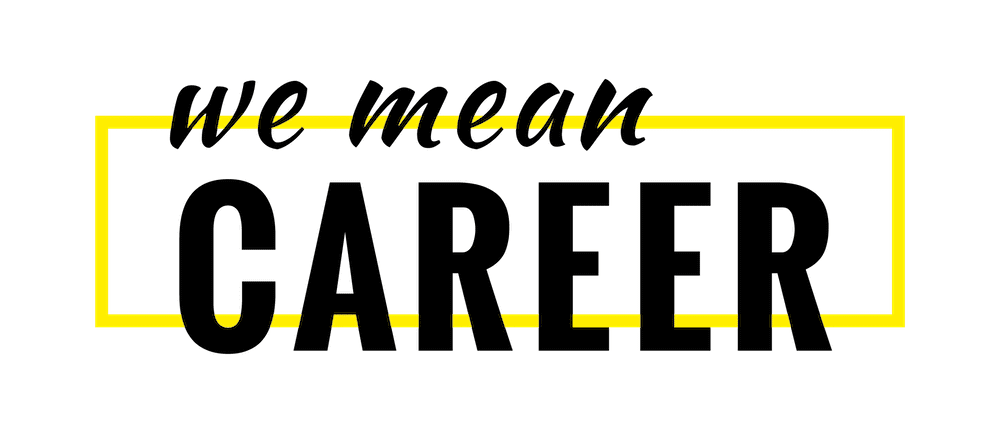How to Successfully Switch from Employee to Entrepreneur
Are you tired of the 9-to-5 and considering being your own boss? Making the jump from employee to entrepreneur is exciting, but it also comes with challenges. Many entrepreneurs fail because they aren’t fully prepared – but that doesn’t have to be you.
Here’s how to make a smooth and successful transition:

1. Get Clear on Your Business Idea
Now you’ve decided that being an entrepreneur might be for you, the first step is to consider what your business will be. You should think of an idea that’s unique and solves a real problem people have. Begin asking questions like who your customers are and how you can help them.
Start small, thinking about your basic idea and how it will work. Then you can refine your idea, add more details, and then go all in and start building your business.
2. Build a Financial Safety Net
Entrepreneurship comes with financial uncertainty. This is something you’ll need to be prepared for, so make sure you have a financial safety net in place beforehand.
If possible, starting your business as a side hustle first can be a great idea, as this means you have a guaranteed income from elsewhere. If that’s not possible, you should aim to save at least 6 months’ worth of living expenses so you can meet your basic costs in the startup period.
3. Shift Your Mindset from Employee to CEO
The move from employee to CEO involves many changes, but in particular, it means a shift in mindset. As an entrepreneur, no one gives you a task list – you create your own. However, this also means you need to develop new skills, such as self-discipline and resilience.
You also need to get comfortable with uncertainty, problem-solving, and taking risks. If there’s an issue, you’ll need to solve it yourself rather than relying on a boss to make decisions.
4. Learn the Basics of Business
You don’t need an MBA to run a successful business, but you do need to understand the basics of things like finances, marketing, and sales.
To gain a better understanding and learn about things you’re unsure of, take some online courses, read books, or find mentors who can help you. The better you understand the fundamentals of business, the fewer costly mistakes you’ll make.
5. Build Your Brand and Online Presence
A strong online presence is now a non-negotiable in business. Your customers will expect it, and it’s essential for reaching new audiences and promoting your product or service.
Create a website, set up social media, and then start building your credibility by sharing relatable, helpful content online. Make sure your website is updated regularly and engage with any feedback or questions you might receive. This will help attract clients or customers.
6. Expand Your Network
Having a strong network can be beneficial when it comes to success, so make sure you surround yourself with other entrepreneurs, particularly those in the same industry.
To find like-minded people, attend industry events, join online communities, and connect with mentors. The right connections can provide you with valuable advice, and they can also open doors to new opportunities that you wouldn’t have access to on your own.
7. Get Your First Paying Clients or Customers
One of the challenging parts of starting a business is getting your first clients or customers. With a new business, it’s important to build trust, and you can do this by focusing on proof that your product or service works and is high quality.
You can offer a discount to get testimonials and referrals, as this can generate revenue faster. Happy customers can become your best marketing in the long run.
8. Set a Quit Date (and Stick to It!)
Don’t wait for the “perfect moment” to quit your job. It doesn’t exist, so set a date that you plan to make the change, and then stick to it no matter what.
Your deadline should be realistic, however. Think about your savings, risk tolerance, and how much progress you can make in the time frame you have. Then, once you set a date, take the leap with confidence!
9. Expect Challenges (and Keep Going)
Entrepreneurship is a rollercoaster. You can expect setbacks and challenges, but over time you learn to adapt and keep pushing forward. Every successful entrepreneur was once a beginner. You have to trust the process and don’t let the challenges stop you.
Switching from employee to entrepreneur is one of the biggest and most rewarding moves you’ll ever make. Plan smart, take action, and don’t forget to believe in yourself. The life you want is on the other side of that leap – so go for it!



